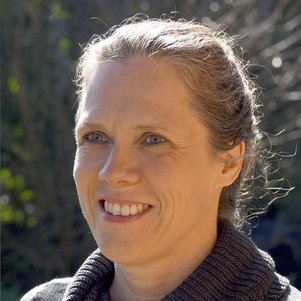What does the future of the port city of Rotterdam look like? How do you maintain the identity of a city in transition, with a growing number of inhabitants, spatial, economic and political interests? For whom does the gentrification of a neighbourhood take place? These are some of the questions studied by the researchers of the Leiden-Delft-Erasmus PortCityFutures programme.
PortCityFutures is an initiative launched by the Leiden-Delft-Erasmus university alliance and brings together a highly engaged, multidisciplinary international community of researchers, concerned with culture, planning, urban planning, anthropology, history, economics, etc. The group examines the spatial impact of competing interests among port-related and urban spatial development needs and timelines.
Different interests
Port city regions are places where a large industrial area connects with both urban and rural spaces — yet ports, cities, and regional governments may not necessarily share the same goals. Differences in economic interests, technological capacities, knowledge, or income in a port city can lead to environmental and social injustice and opposition to the port’s functions. We believe there is a need to look at new ways to govern and plan port cities: not only at the waterfront or where the port meets the city, but throughout the surrounding region.
Carola Hein
Delft researcher Carola Hein is involved in this PortCityFutures programme. Learning from the past also means recognizing hindrances. The port of Rotterdam has long floated on oil, as Carola Hein states 'We need the industry and the ports, but we have to rethink it in a way that is positive, also for the people who live next to it'. This oil legacy 'the Dutch petroleumscape' as she phrases it, shapes our engagement with future energy landscapes. Recognizing the potential limitations of historic practices is needed for future innovation.
Almost all decisions taken with a view to the future are a challenge for the city, port and the region. Together, they depend on the development of a shared vision. Such a vision needs to go beyond technological interventions to include recognition and development of shared spaces, shared governance and shared culture. The cultures and the shared values between stakeholders in port cities need to be better understood. This will help when devising suitable strategies for future port city regions in Europe, as well as internationally.
Read the full story; published on the LDE website

